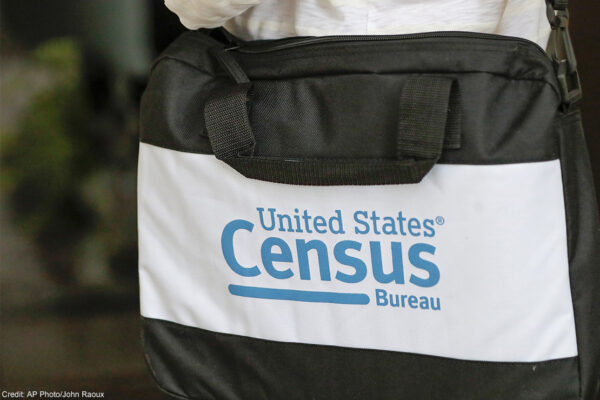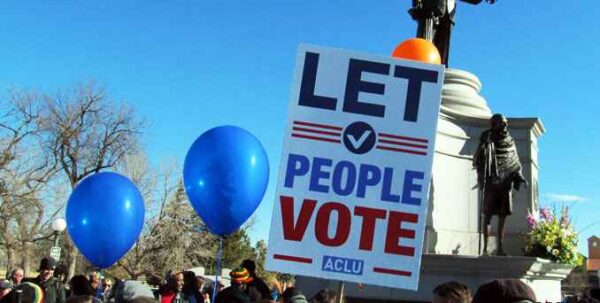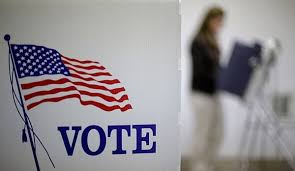Supreme Court Agrees to Hear Voting Rights Act Case
Civil Rights Law Must Be Upheld in Order to Protect Minorities' Voting Rights, ACLU Says
FOR IMMEDIATE RELEASE
CONTACT: (212) 549-2666; media@aclu.org
WASHINGTON, D.C. - The U.S. Supreme Court today agreed to review Shelby County v. Holder, a case that challenges the constitutionality of Section 5 of the Voting Rights Act.
"As we have seen in a number of states this year, efforts to enact voting laws that target people of color and other groups are unfortunately far too common," said Laughlin McDonald, director of the ACLU Voting Rights Project. "Section 5 of the Voting Rights Act helps eliminate such discriminatory and harmful practices. We hope the Supreme Court will recognize the vital role this civil rights-era law plays in protecting the fundamental right to vote and ensuring equal access to voting."
The ACLU had intervened in the case on behalf of four Shelby County voters and the Alabama State Conference of the National Association for the Advancement of Colored People (NAACP) in order to protect the minority vote. The Supreme Court took no action on Friday in Nix v. Holder, which also challenges the constitutionality of the Voting Rights Act. In that case, the ACLU intervened on behalf of residents of Kinston, N.C. and the North Carolina State Conference NAACP.
Since 1965, Section 5 of the Voting Rights Act has been protecting racial and language minorities' access to voting. It requires jurisdictions like Shelby County and Kinston that have a history of discriminatory voting practices to obtain approval, or preclearance, before changing their election laws. Section 5 has been challenged in the past, but the Supreme Court has consistently upheld its constitutionality.
"When Congress last extended Section 5 in 2006," McDonald said, "it compiled an extensive record, and overwhelmingly concluded that it was still needed."
According to the congressional report, without Section 5 "racial and language minority citizens will be deprived of the opportunity to exercise their right to vote, or will have their votes diluted, undermining the significant gains made by minorities in the last 40 years."
For more information about the Voting Rights Act, go to: https://www.aclu.org/voting-rights/voting-rights-act-0.
For more information on the ACLU's work on voting rights, go to: https://www.aclu.org/press-room-voting-rights.




